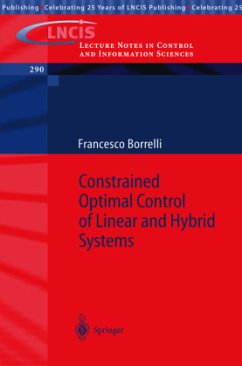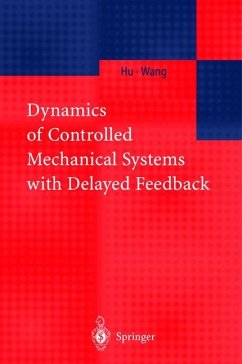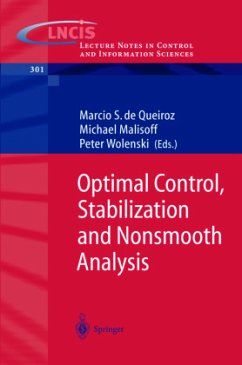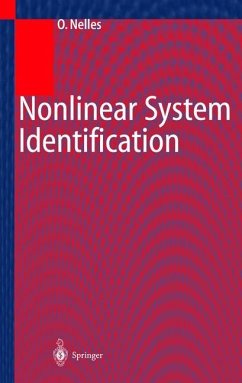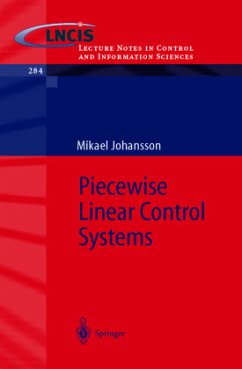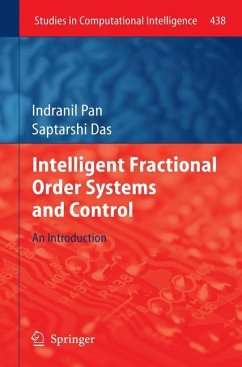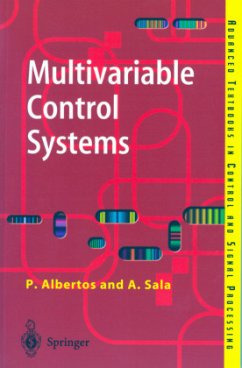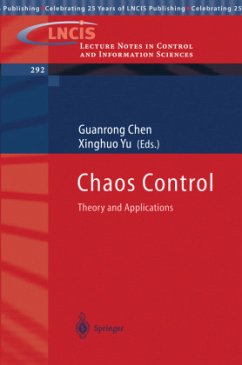
Optimal Control with Engineering Applications

PAYBACK Punkte
46 °P sammeln!
This book introduces a variety of problem statements in classical optimal control, in optimal estimation and filtering, and in optimal control problems with non-scalar-valued performance criteria. Many example problems are solved completely in the body of the text. All chapter-end exercises are sketched in the appendix. The theoretical part of the book is based on the calculus of variations, so the exposition is very transparent and requires little mathematical rigor.
In this book, the reader is introduced to a variety of problem statements in classical optimal control, in optimal control problems with non-scalar performance criteria, and in optimal estimation and filtering. The optimal control theory is based on rather basic methods in the calculus of variation, in particular on the Lagrange multiplier methods. The theory is explained in a very transparent way.
Many engineering optimal control problems are solved completely. Each chapter contains a small collection of additional statements of optimal control problems. Their solutions are sketched in the appendix.
Many engineering optimal control problems are solved completely. Each chapter contains a small collection of additional statements of optimal control problems. Their solutions are sketched in the appendix.





